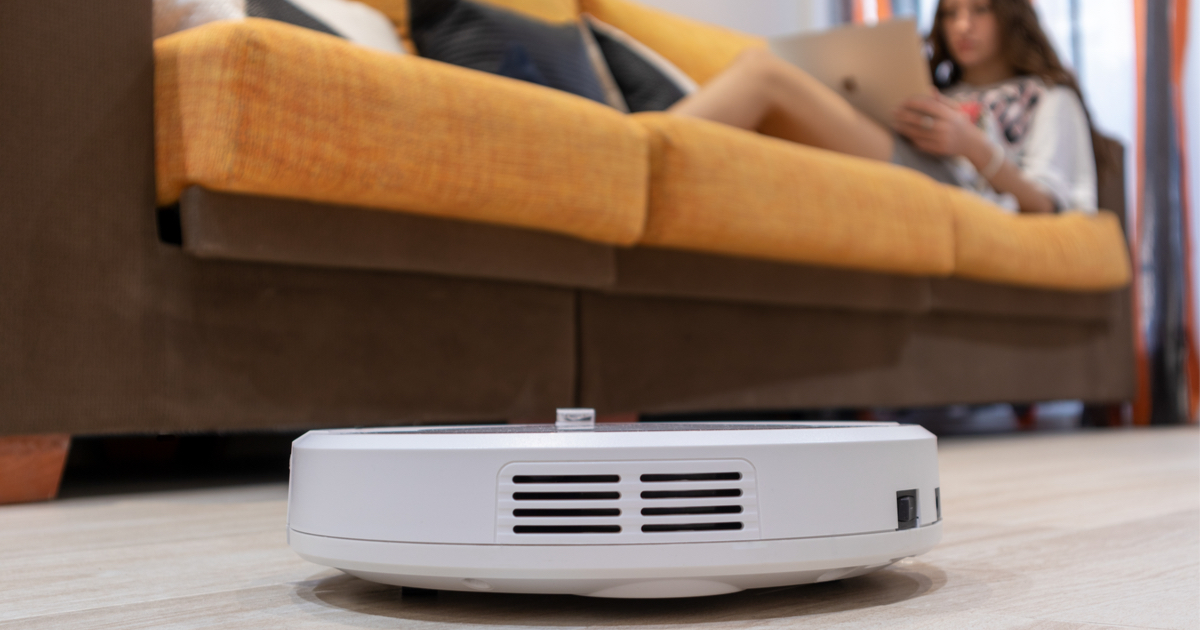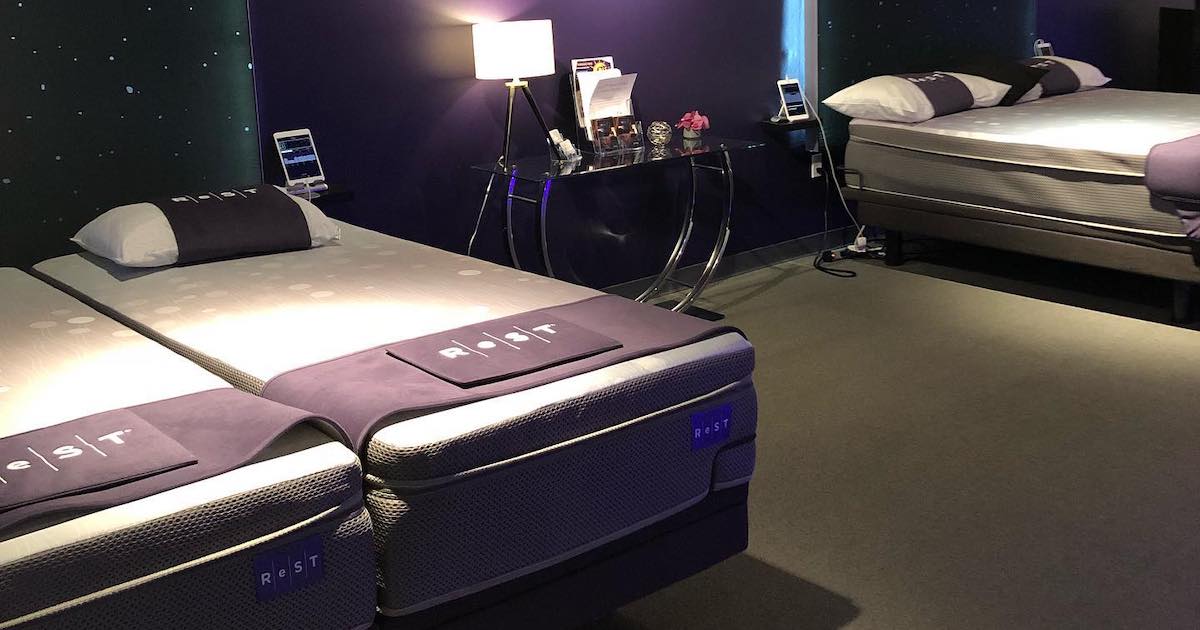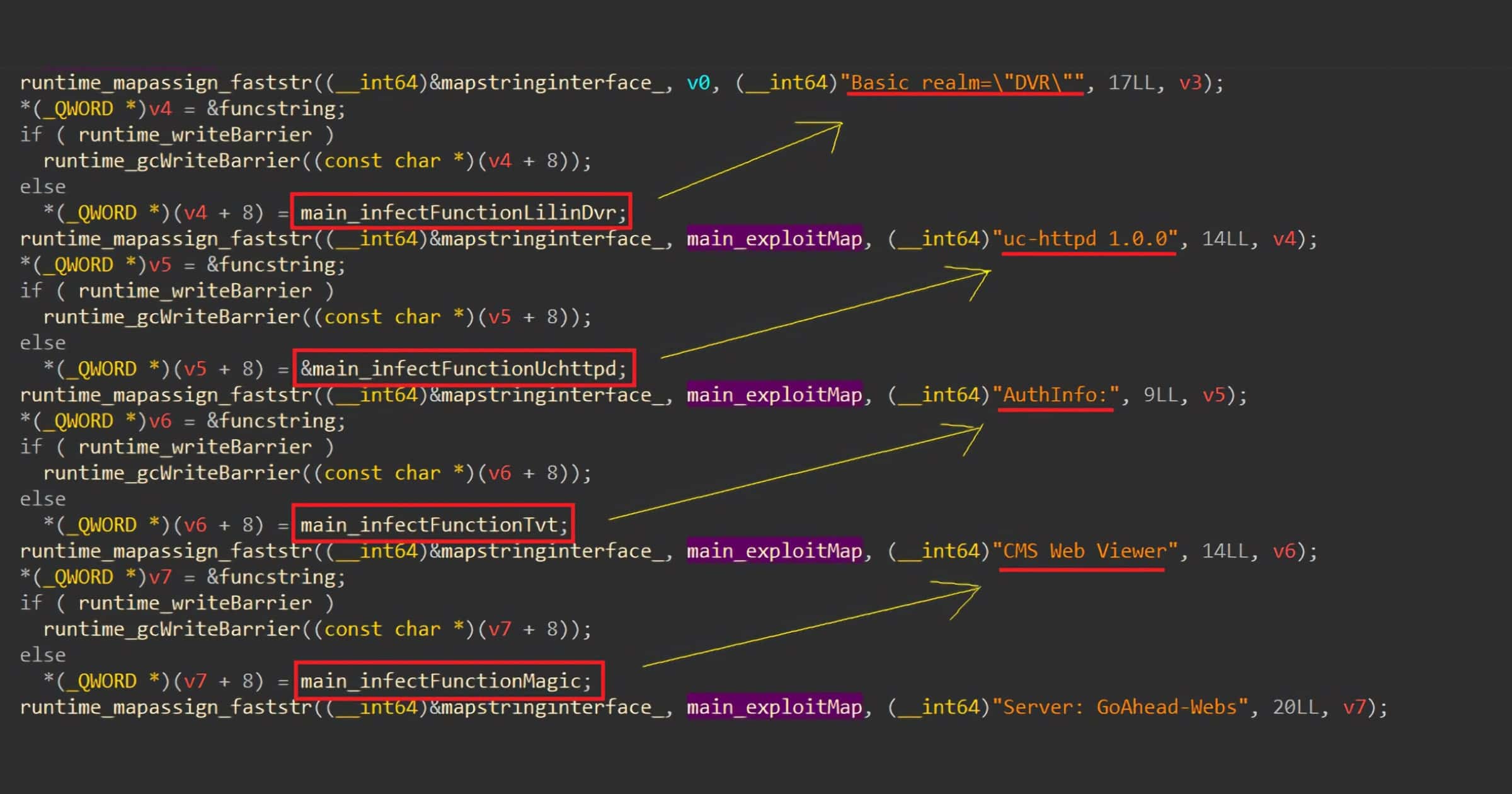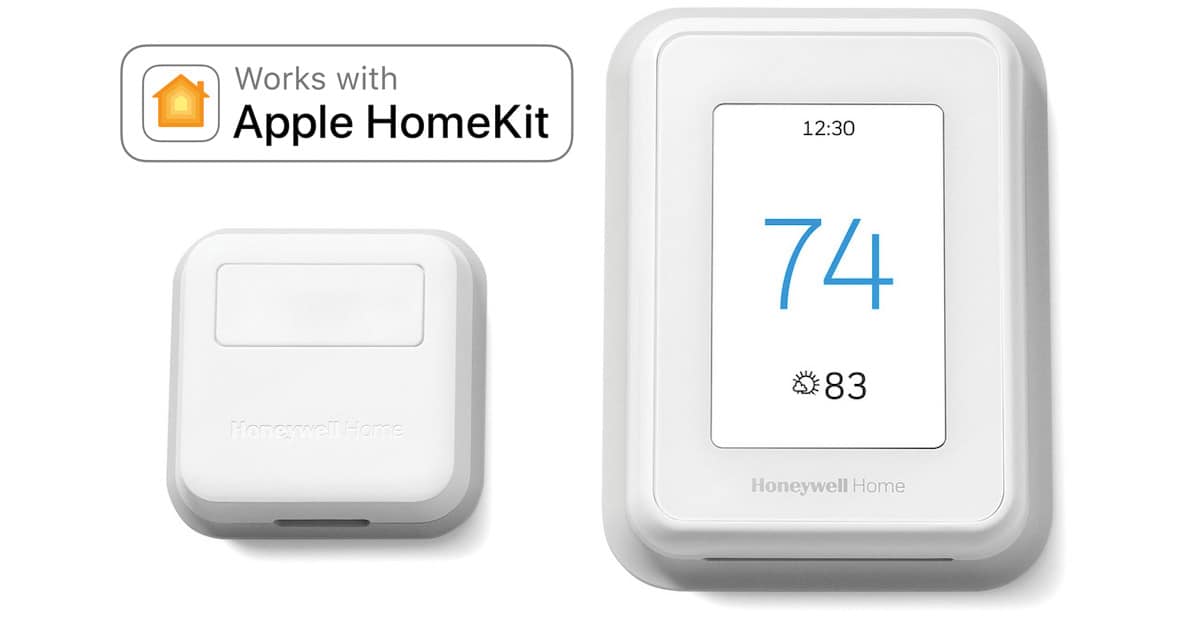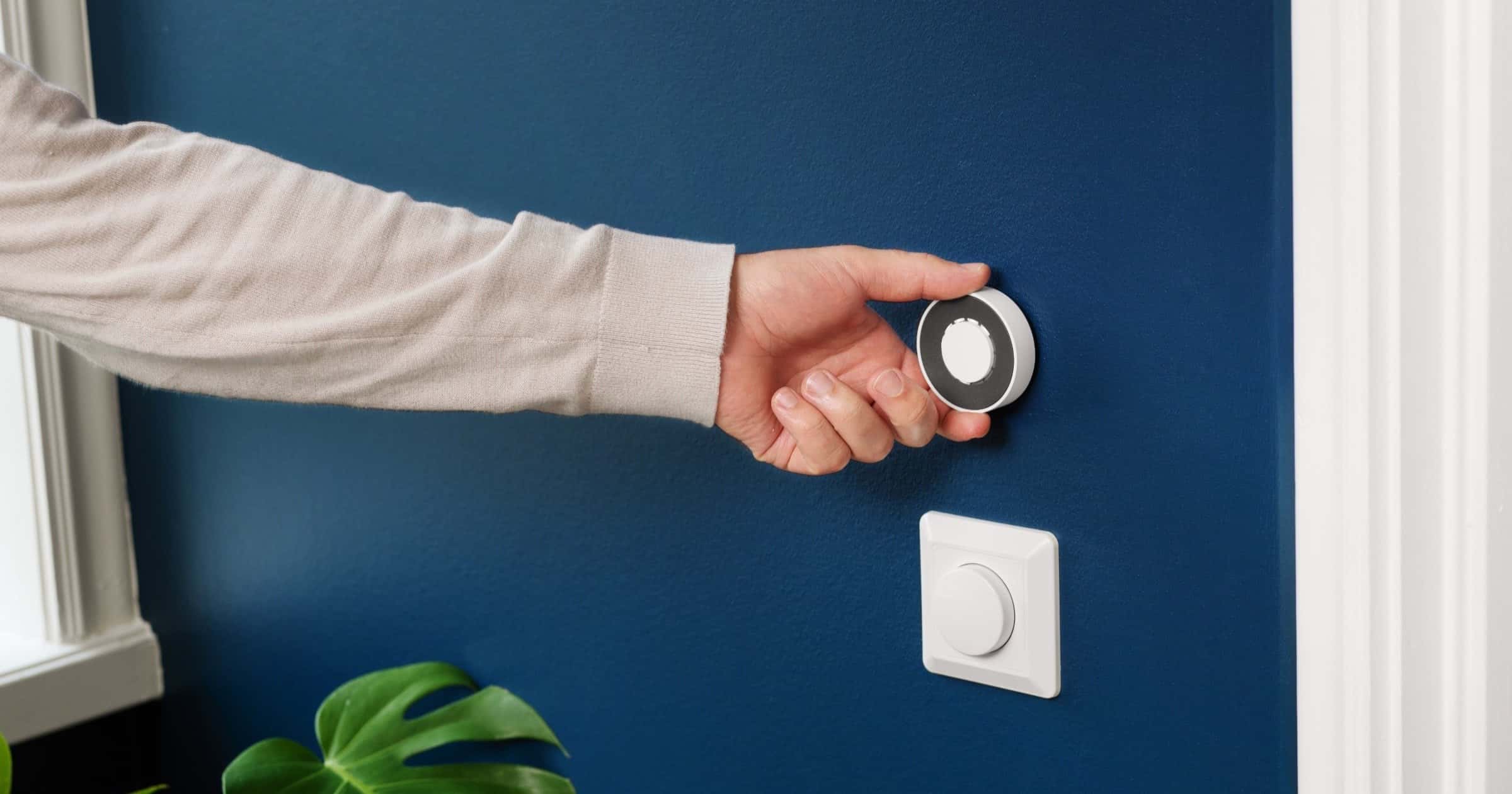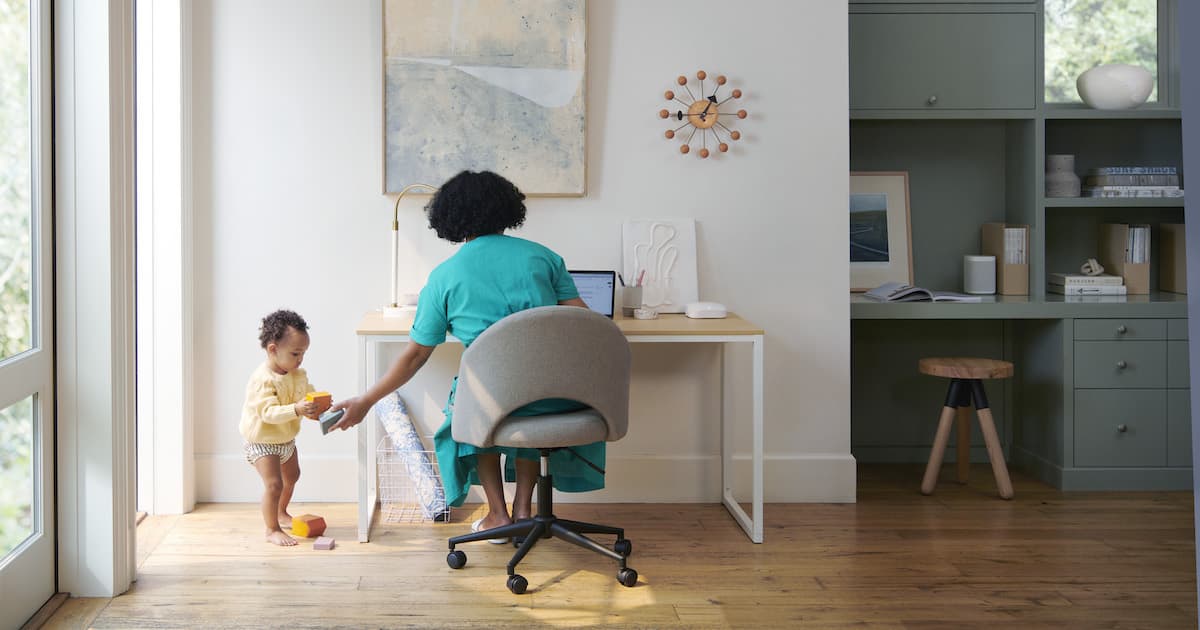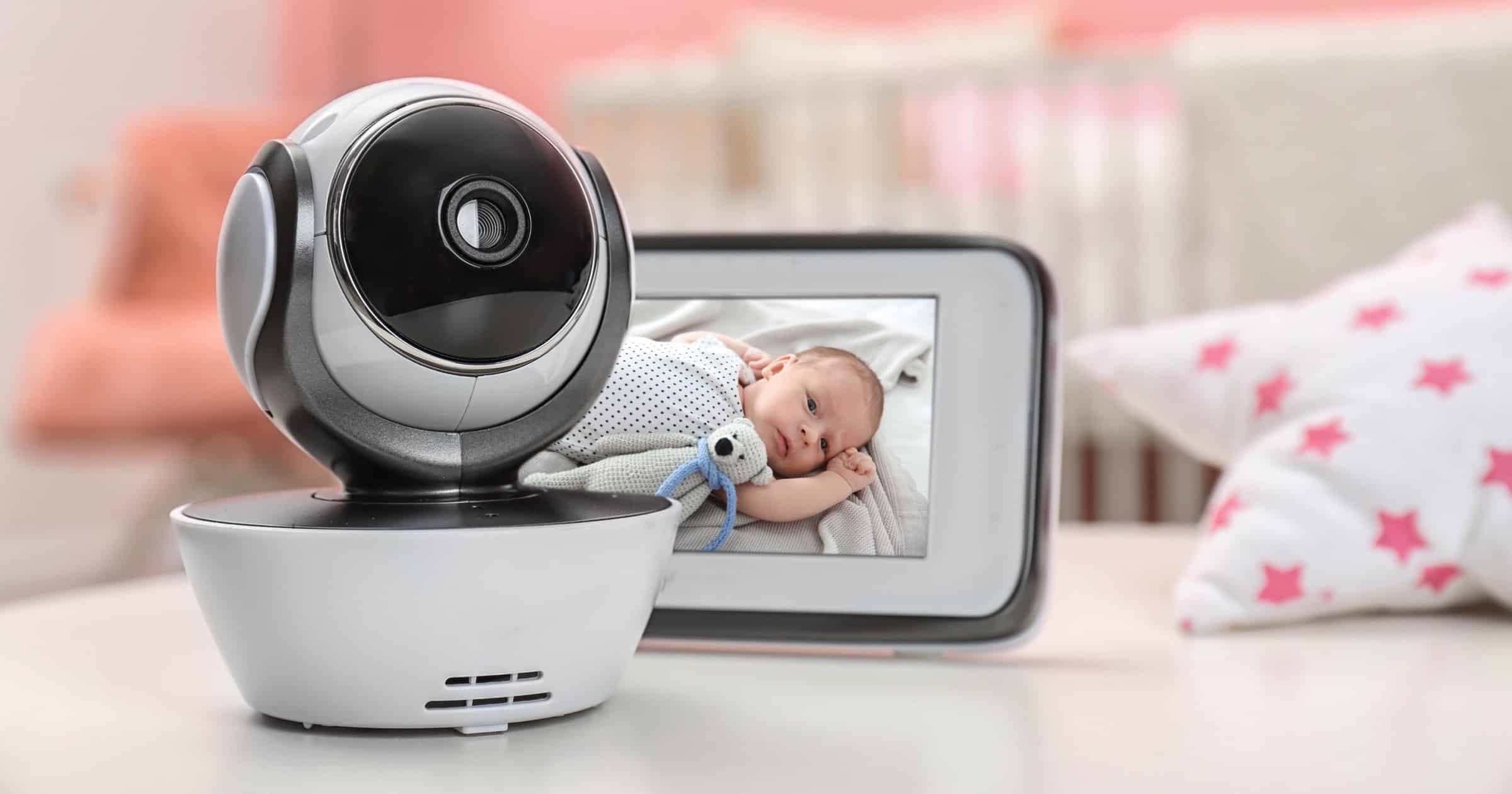These Cyber Monday smart home deals are waiting. Get your HomeKit accessories at prices you likely won’t see again for quite some time.
Smart Home
Eve Black Friday Deals to Up Your HomeKit Game
If you want to up your smart home game, this is the time to do it. These Eve Black Friday deals can save you up to 30% off retail prices.
Roomba Delivers On Its Promise to End Pet Poo Disasters
We’ve seen the videos, those tragic tales of robot vacuum cleaners leaving a trail of puppy poop behind. For all of their AI technology, they simply don’t recognize one fact. Some messes just won’t vacuum up neatly. Your robotic cleaning device ends up doing more harm than good. Roomba maker iRobot says they’ve nipped the problem in the bud. A writer at Daily Paws put this to the test. In her testing, the latest Roomba j7+ really does have the digital smarts to avoid pet messes.
I came home late from work one night to see that my elderly Chihuahua had missed the wee pad by a good bit and left her own dollop of poop on my kitchen floor. I had scheduled the Roomba for a run that was set to begin in a few minutes, so instead of cleaning up the accident myself, I decided to see what the j7+ would do.
It expertly avoided my pup’s poop. I was absolutely in awe. Once again, after the clean, the iRobot app asked me if this was a temporary obstacle, and I confirmed.
Sleep Technology Meets the Smart Home with ReST
Sleep technology has really taken off, and we even have smart beds now. Let’s see how well the ReST Smart Bed performs for this techie.
Apple’s Home Services Head Leaves, Destination Unknown
Apple’s head of Home Services, Sam Jadallah, has abruptly left the company. Apple has not yet announced his replacement.
New 'BotenaGo' Targets Routers and Smart Home Devices in Devastating Attack
AT&T Alien Labs discovered malware it dubs BotenaGo. It affects millions of routers and Internet of Things devices found with smart homes. The “devastating” part comes from the fact that it uses over 30 separate exploits due to insecure devices.
The BotenaGo malware starts by initializing global infection counters that will be printed to the screen, informing the hacker about total successful infections. It then looks for the ‘dlrs’ folder in which to load shell scripts files. A loaded script will be concatenated as ‘echo -ne %s >> ‘. If the ‘dlrs’ folder is missing, the malware will stop and exit at this point. For the last and most important preparation, the malware calls the function ‘scannerInitExploits’, which initiates the malware attack surface by mapping all offensive functions with its relevant string that represent the targeted system.
Could Apple Make Major Smart Home Moves in 2022?
As we go hurtling towards the holiday season, it’s always exciting to look at what might come next. Dan Moren has written a very astute take at what Apple might do in 2022 for Macworld. His look at the moves the company could make in the smart home market is particularly interesting.
Apple’s had a challenging couple years in the home space. It’s discontinued its full-size HomePod in favor of the smaller HomePod mini, and while it’s ramped up support for the upcoming Matter initiative that aims to interconnect smart home devices across manufacturers, that really won’t kick off in earnest until next year. But word of a “homeOS” project reared its head once again this week, after a mention in an Apple job posting. The term had cropped up earlier this year, ahead of the Worldwide Developers Conference, but nothing more was heard of it until now. It could suggest a more in-depth investment in smart home tech for Apple, and, combined with a recent hire to oversee HomePod software might mean the company is reinvigorating development in that area.
Honeywell Home T9 Adds HomeKit Support
A popular smart thermostat, the Honeywell Home T9 is HomeKit-compatible. Owners can use Siri or Home app to control their home temperature.
Smart Home Technology Finally Has a Standard
The Matter standard is doing what we’d hoped for: unifying smart home technology with a standard way for devices to talk to each other.
(Update) 'Flic Twist' is a New Dial for Smart Home Products With Matter Support
Flic Twist is a product to control your smart home. It’s wireless and can be placed anywhere. Pre-orders begin on November 2, 2021.
Smarthome Gifts and Tips – TMO Daily Observations 2021-11-02
Jeff Butts joins host Kelly Guimont to discuss smarthome gifts, and some ideas for easy gift giving to help people get started with smart devices.
Many Eero Mesh Routers Will Support Matter
When Matter launches in 2022, it will have a new Wi-Fi router partner. Modern eero mesh routers are set to gain support for the standard.
Jay Z Makes Huge Investment in Smart Home Tech
Rapper, songwriter, businessman Jay-Z has reportedly made a huge investment in smart home tech recently. Through Marcy Venture Partners, Jay-Z sent $110 million into Wyze Labs’ coffers. That brings the smart home device maker’s total funding to date to $146 million. The smart home tech company, founded in 2017 by Amazon veterans, has more than 300 employees. The work Wyze is doing with AI and camera technology will definitely. benefit from the extra cash.
“We are doubling down and investing heavily to build world-class artificial intelligence into our camera products,” Wyze co-founder and Chief Marketing Officer Dave Crosby told GeekWire in a recent piece. “Just in the last year, our AI team has built person detection, vehicle detection, package detection and pet detection into our cameras. “Right now we have AI features in the works that we truly think will be game-changing for any camera, let alone one that costs less than $36.”
Smart Home Cameras, Baby Monitors Affected by Software Bug
A flaw in the ThroughTek “Kalay” network affects millions of IoT devices including smart baby monitors, DVRs, smart cameras, and other products.
this latest vulnerability allows attackers to communicate with devices remotely. As a result, further attacks could include actions that would allow an adversary to remotely control affected devices and could potentially lead to remote code execution.
Due to how the Kalay protocol is integrated by original equipment manufacturers (“OEMs”) and resellers before devices reach consumers, Mandiant is unable to determine a complete list of products and companies affected by the discovered vulnerability.
Smart Matter and Thread – TMO Daily Observations 2021-08-16
Andrew Orr and Jeff Butts join host Kelly Guimont to discuss a smart home delay, and what options you have today if you are setting up something new.
Smart Home Connectivity Standard ‘Matter’ Delayed to 2022
Matter, a connection standard for smart home devices backed by Apple, Amazon, Google, and others, has delayed its rollout until 2022.


